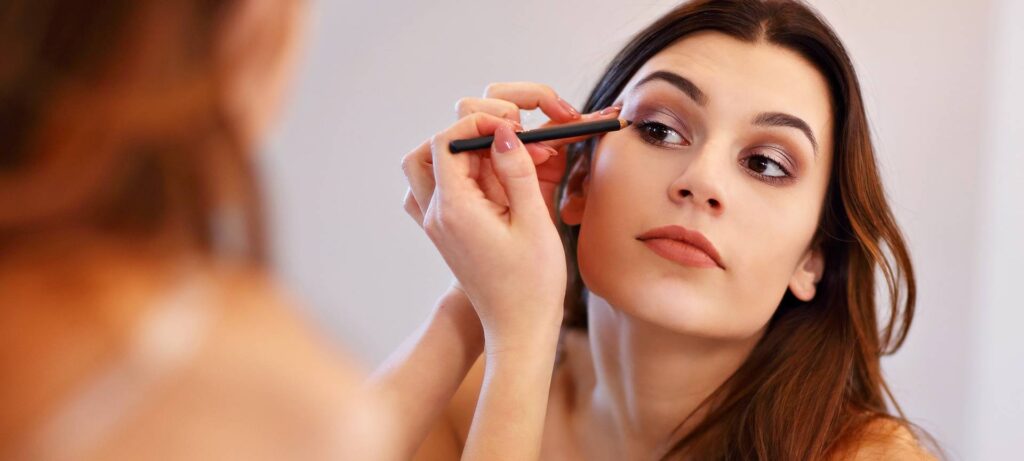Contents
Limelife Makeup
Makeup can have a significant impact on the way you see yourself. Here are a few ways it can affect your perception:
- Enhancing features: Makeup can be used to enhance certain features, such as highlighting the cheekbones or defining the eyes, thus giving you a more polished or attractive appearance. This can boost your self-confidence and make you feel better about your appearance.
- Covering imperfections: Makeup also has the ability to cover up skin imperfections like acne, scars, or dark circles. By concealing these flaws, makeup can help you feel more comfortable and confident in your own skin.
- Expressing creativity: Many people use makeup as a form of self-expression and creativity. Experimenting with different colors, shades, and styles can allow you to explore your artistic side and also give you a sense of empowerment in creating your unique look.
- Masking insecurities: For some individuals, makeup can act as a mask to hide certain insecurities or uncertainties about their physical appearance. By applying makeup, they may feel more secure and less exposed to judgment or scrutiny from others.
- Ideals of beauty: The way makeup is portrayed in the media, advertising, and society can influence individuals’ perception of beauty standards. This can lead to comparisons and feelings of inadequacy if one perceives themselves as not meeting those standards. On the other hand, it can also inspire individuals to experiment, seek self-improvement, and feel more confident when they achieve the desired look.
It’s worth mentioning that makeup should not be the sole source of validation or self-worth. While it can enhance your appearance and boost confidence, it’s important to also appreciate and embrace your natural features, and remember that true beauty comes from within.
The good sides of Makeup include:
- Enhancement of Appearance: Makeup can help enhance one’s natural features and can be used to boost confidence and self-esteem.
- Creative Expression: Makeup allows individuals to express their creativity and style, as they can experiment with different colors, techniques, and trends.
- Professional and Social Settings: In professional settings, makeup can be necessary to appear polished and put-together. In social settings, makeup can make individuals feel more attractive and can assist in making a positive first impression.
- Camouflage and Correction: Makeup can be used to cover up blemishes, acne, scars, or uneven skin tone, providing a sense of comfort and improving the overall appearance.
- Protection and Care: Some makeup products, such as foundation or moisturizers with SPF, offer protection from UV rays, pollution, and other environmental factors, thus contributing to skin care.
On the other hand, there are some potential downsides to Makeup, including:
- Unrealistic Beauty Standards: The constant exposure to heavily edited and airbrushed images in media can create unrealistic beauty standards that can make individuals feel inadequate without makeup.
- Dependency and Self-Image: Regular use of makeup can contribute to reliance on it for self-confidence, making individuals feel less comfortable or confident without it.
- Time Consumption: Applying makeup can be time-consuming, especially for some elaborate looks, and may become an inconvenience to those with busy schedules.
- Skin Sensitivities and Allergies: Certain makeup products may cause skin irritations, allergies, or other skin conditions due to the use of certain ingredients or improper application.
- Financial Cost: Good quality makeup products can be expensive, and individuals may feel pressure to constantly update their collection to keep up with trends and maintain the desired appearance.
Should women wear Makeup always?
No, women are not required to always use makeup. The decision to wear makeup should be a personal choice and should not be dictated by societal expectations or norms. Some women may enjoy wearing makeup as a form of self-expression, while others may prefer a more natural look or choose not to wear makeup at all. Ultimately, it is important to respect and support individual choices regarding makeup.

Pingback: At What Age Do Most Girls Start Wearing Makeup? - BeingPlush